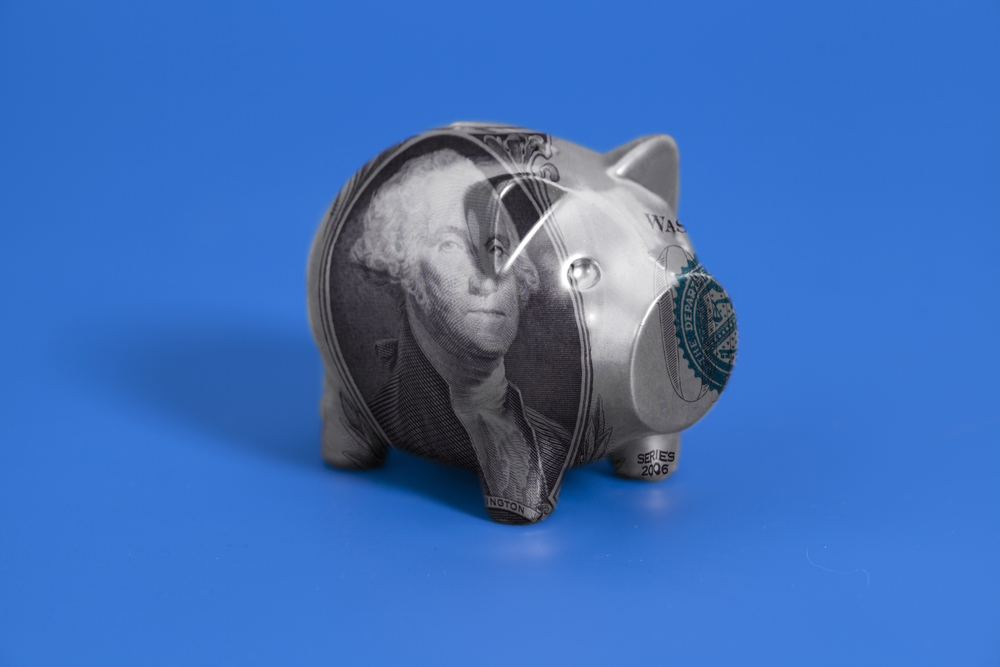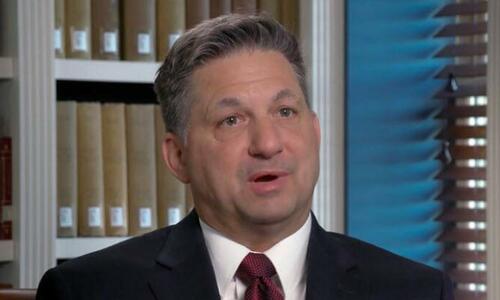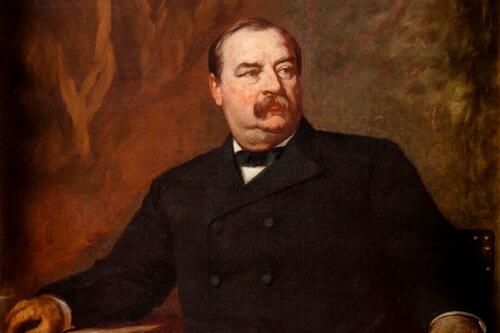UK inflation slowed sharply in November to 3.9 per cent, triggering a slide in the pound, a stock market rally and increased expectations of an interest-rate cut early next year.
Wednesday’s number was well below the 4.4 per cent year-on-year increase in consumer prices predicted by economists in a Reuters poll, as inflation was tugged lower by petrol, food and leisure.
The 3.9 per cent figure was also the lowest inflation rate since September 2021, according to the Office for National Statistics data, fuelling speculation about when the Bank of England will reduce interest rates from their 15-year high.
The November data — the first time food inflation has been in single digits since June 2022 — will bolster Prime Minister Rishi Sunak, who has vowed to bring prices under control ahead of the election expected next year.
Samuel Tombs, economist at the consultancy Pantheon Macroeconomics, said the “surprisingly sharp fall” in consumer price inflation made it more likely that the BoE would cut rates in the first half of 2024, “far earlier than it has been prepared to signal so far”.
Markets now fully expect a 0.25 percentage point cut by May and anticipate that rates will fall by 1.36 percentage points over the course of next year — compared with expectations last Friday of a 1.07 percentage point decline.
The pound fell by 0.5 per cent against the dollar to $1.267. The FTSE 100 initially rose to its highest point since May, and this afternoon was trading up 1.1 per cent, while government bonds also rallied.
The yield on rate-sensitive two-year gilts, which moves inversely to price, dropped 0.16 percentage points to 4.12 per cent, the lowest since late May.
Tombs added that consumer price inflation now looked set to fall “far more quickly” than the BoE’s Monetary Policy Committee predicted last month.
Core inflation, which excludes energy and food prices, was 5.1 per cent in the year to November, compared with 5.7 per cent in the previous month, the ONS said. That was also comfortably below economists’ forecasts.
The BoE voted this month to keep rates unchanged at 5.25 per cent, warning it was confronting more stubborn inflation than in the US and euro area. Headline CPI growth remains higher in the UK than equivalents in the US and the EU.
The central bank has insisted it will not be rushed into lowering rates, as policymakers wait for conclusive evidence in the labour market that they have done enough to return inflation to its 2 per cent target.
Seema Shah, chief global strategist at Principal Asset Management, said that market expectations of deep rate cuts next year looked “knee-jerk”, since the lower-than-anticipated figures amounted to “one data point and the BoE need a string of them”.
She added that the BoE had been “unclear in its communications all year, very topsy turvy, and it’s created an unsettling environment for investors . . . The amount of swings in rate expectations is quite unbelievable”.
Ben Broadbent, a BoE deputy governor, said on Monday that volatile, inconsistent data had made it hard to tell how fast wages were growing and why, adding to arguments for the MPC to wait longer before it cuts rates.
As well as high wage growth, the MPC has homed in on persistently high services inflation, which it sees as a key gauge of domestic price pressures.
But Wednesday’s figures offered some encouraging signs on that measure, with the CPI services rate easing from 6.6 per cent in October to 6.3 per cent in November.
James Smith, economist at bank ING, said the decline in the headline CPI index was broad-based, driven by “discounting across the board” on consumer goods, including clothing, household goods and cars. Almost all of the 12 subcategories of the consumer price index saw their year on year rate either fall or hold steady.
Chancellor Jeremy Hunt welcomed Wednesday’s data, saying it showed that “we are starting to remove inflationary pressures from the economy”.
“Many families are still struggling with high prices so we will continue to prioritise measures that help with cost of living pressures,” he added.
Wednesday’s figures come after declining inflation in October allowed Sunak to declare he had met his goal of halving inflation by the end of 2023. But economists emphasise that prices of many goods remain much higher than they were before inflation surged, limiting any feelgood factor among voters.
Sandra Horsfield of Investec said it was not clear that the UK public would celebrate the fall in inflation as much as markets.
“Lower inflation only means a slower (and still above target) rate of price rises,” she said, arguing that the electoral benefit of meeting Sunak’s promise “may be limited”.
Rachel Reeves, shadow chancellor, said the decline in inflation would be a “relief to families”. But she added: “Prices are still going up in the shops, household bills are rising, and more than 1mn people face higher mortgage payments next year after the Conservatives crashed the economy.”















